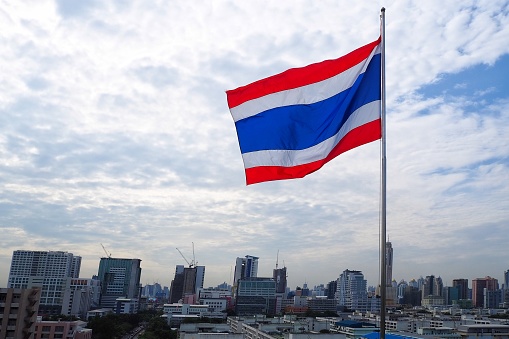The phones of at least 30 Thai individuals were infected with the NSO Group's Pegasus spyware, a new report by Citizen Lab, iLaw, and Digital Reach reveals. The attacks occurred between October 2020 to November 2021, according to the researchers. They largely targeted members of Thailand’s pro-democracy movement, which is currently rallying against the military and monarchy’s dual influence and control over governance. Why it matters: While the Thai government has previously denied state-sponsored invasions of its citizen’s privacy, after the Pegasus allegations broke this week, a Minister admitted to ‘using surveillance software to track individuals in cases involving national security or drugs.’ This points to a worrying narrowing of free speech online across Southeast and South Asia to monitor dissidents and curb dissent—not just through illicit spyware, but through sweeping legislation as well. India, whose government has allegedly used the spyware against civil society members, is no outlier in this regard. The report also highlights what it believes to be the NSO Group's 'failure to respect human rights abroad, despite the internationally-recognized responsibility of private sector actors not only “to respect and protect human rights,” but also to “provide remedy for rights violations, regardless of whether governments are able or willing to protect these rights".' Those targeted, including protestors, lawyers, musicians, and actors, have often been repeatedly arrested for either criticising the government or monarchy. The investigation further revealed that the attacks also targeted individuals ‘not publicly involved in the protests’ too. Two 'zero-click exploits' were used to infect…





























